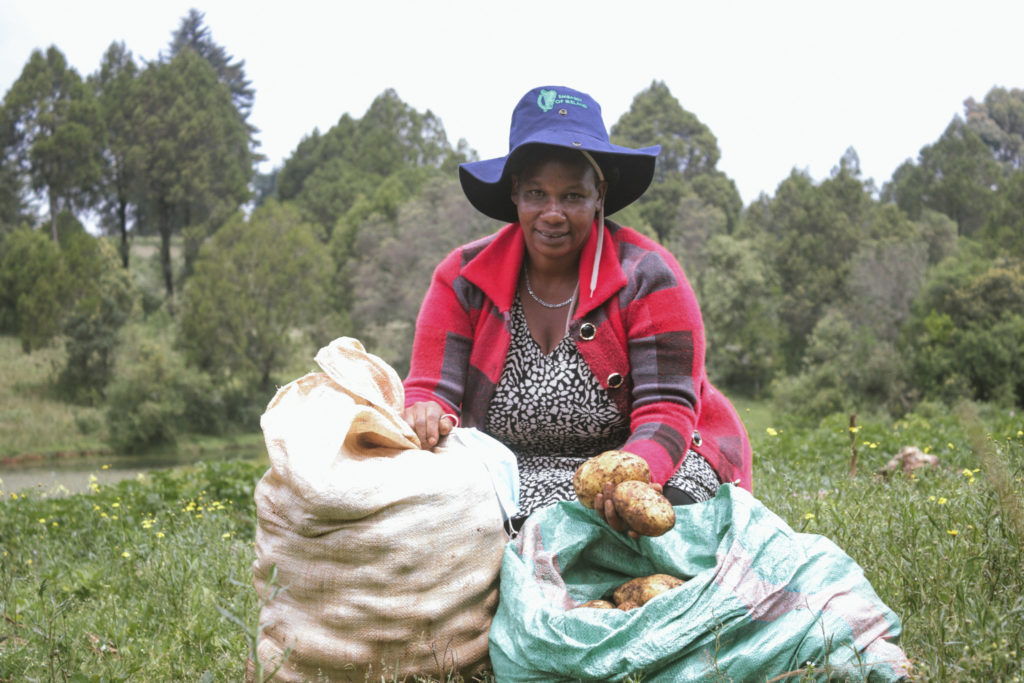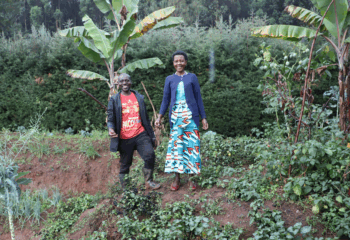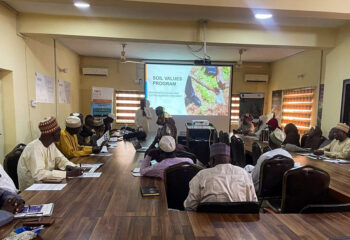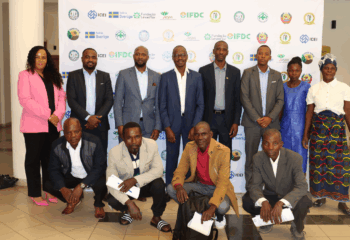
Local potatoes are getting binned, even as big food companies struggle to get their fries to the drive-through. What’s happening?
Companies like Kentucky Fried Chicken (KFC) Kenya (which recently ran out of French fries) won’t accept just any old spud.
Strict quality control measures, which include track and trace technology and production standards, allow KFC to ensure that every fry is safe and tasty. If there is trouble with an order in Nairobi, the corporation can trace that bad fry back through the entire supply chain, right back to the Egyptian farmer who grew the potato. The process works, as long as nothing goes wrong. And early in 2020, things started to go very wrong (Read: Global Supply Chains in a Post-Pandemic World by Willy C. Shih for the Harvard Business Review).
COVID-19’s disruption of global supply chains has forced corporations to rethink logistics. KFC has announced it is open to sourcing potatoes from Kenyan farmers that meet the company’s global quality standards—yet has not publicly shared the details.
All food system actors contribute to sustainable food security. Farmers must be willing to meet national and global quality standards. Industries that enforce these standards must provide appropriate training so farmers can comply without undue financial risk. Governments must develop an enabling environment that balances national food security issues of quality, supply, and climate change mitigation strategies.
Farmers are motivated to meet quality standards requirements. Compliance is a win for producers, corporations, and consumers. Farmers can command a higher price for their produce, companies can be assured of a high-quality product, and consumers are confident that their food is safe. Smallholder farmers struggle to access the resources—quality seeds, fertilizers, and other inputs as well as training and infrastructure—to improve their products and reach more lucrative markets. Issues with traceability, aggregation, and agricultural practices, combined with a lack of market information and quality control, can hold farmers back.
IFDC’s work in traceability could solve two problems at once.
Since 2018, IFDC, in collaboration with the Nyandarua County Government and the Embassy of Ireland in Kenya, has been committed to improving the quality of potatoes produced in Nyandarua County, Kenya. To date, the Potato Value Chain Capacity Building (PCB) project has directly trained and provided field demonstrations to nearly 12,000 potato farmers. The project, in partnership with a local processor, is piloting low-cost traceability systems for future integration with smallholder farmers.
Training on good agricultural practices, soil testing, use of certified seeds, and proper fertilizer usage has increased potato production from as little as 4 to nearly 10 metric tons per hectare. Improved methods have reduced post-harvest losses from 40% to less than 10%. Some producers have contracted with potato processing companies, such as Sereni Fries Limited and Kinangop Fries.
IFDC’s larger work in traceability could solve two problems at once: Kenyan potato farmers can sell their produce (for premium prices), and national and international food corporations can localize their supply chains, safeguarding themselves and consumers from future disruptions.
Without a doubt, Kenya’s farmers can produce enough quality potatoes for processing to satisfy local and international customers. Many local food companies are already sourcing from these producers. Farmers are willing, and IFDC and the Kenyan government will continue supporting their success. Will multinational companies step up to the task as well?



